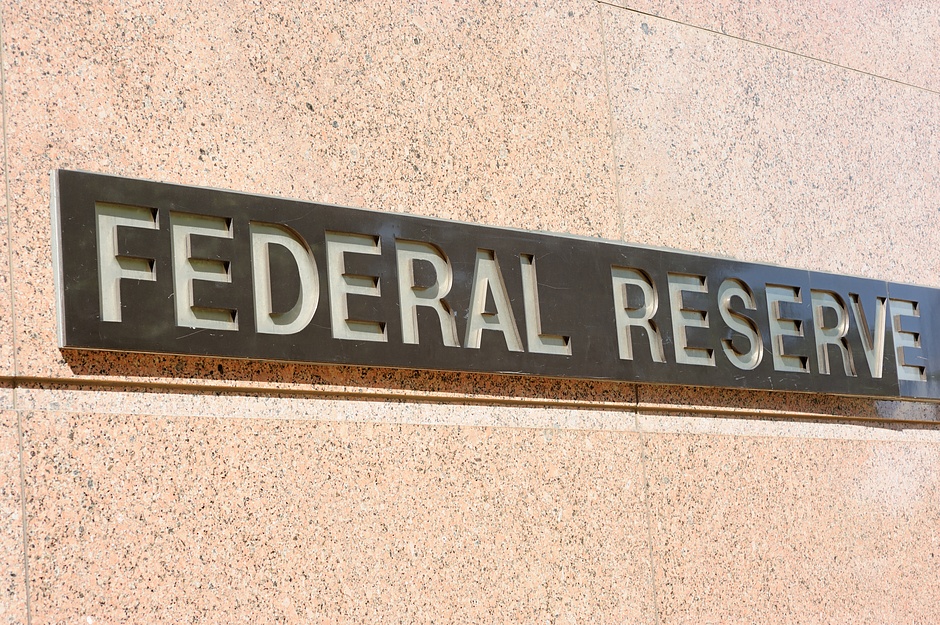Fed's Waller: No rush to cut rates amid sticky inflation data

Federal Reserve Governor Christopher Waller said on Wednesday that recent weak inflation data supports the case for Fed holding off on cutting its short-term interest rate target, per Reuters.
Key quotes
"There is no rush to cut the policy rate.”
“Fed may need to maintain current rate target for longer than expected.”
“Needs to see more inflation progress before supporting rate cut.”
“Needs at least a couple of months of data to be sure inflation heading to 2%.”
“Still expects Fed to cut rates later this year.”
“Economy’s strength gives Fed space to take stock of data.”
“Data suggests fewer rate cuts possible this year.”
“Economy is growing at a healthy pace.”
“Despite progress on inflation, recent data has been disappointing.”
“Data has showed mixed messages on jobs front.”
“Fed has made a lot of progress lowering inflation.”
“Wage pressures have been easing.”
“Unsure productivity will keep at current strong pace.”
"Economy has supported Fed's cautious approach."
"Dollar is still the dominant currency by far."
"The economy is not giving the Fed a case to pursue big rate cuts."
"Supply chain issues have abated in positive inflation development."
"Baltimore port disaster is unlikely to cause big economic disruptions."
"A stretch of stronger-than-expected economic and inflation data so far this year argues for delaying cutting the federal-funds rate."
“I see economic output and the labor market showing continued strength, while progress in reducing inflation has slowed.”
“Because of these signs, I see no rush in taking the step of beginning to ease monetary policy.”
"Inflation adjusted interest rates seem to have gone back up since Christmas; lot of factors go into rate spreads."
"Want to see up to five months of good inflation data, so far have only had two months; the question is, how much data do you need."
"Fed is reacting to the data and not 'overreacting;' have two more inflation rates before may FOMC meeting."
"No evidence' quantitative tightening has been a reason rates have gone up; balance sheet has more effect during stress."
"Unemployment rate doesn't have to stay at 3.7% to have a soft landing; if unemployment goes up no reason to panic."
Market reaction
The US Dollar Index attracts some buyers following the above hawkish comments. The DXY is trading 0.11% higher on the day at 104.40, as of writing.
Fed FAQs
Monetary policy in the US is shaped by the Federal Reserve (Fed). The Fed has two mandates: to achieve price stability and foster full employment. Its primary tool to achieve these goals is by adjusting interest rates. When prices are rising too quickly and inflation is above the Fed’s 2% target, it raises interest rates, increasing borrowing costs throughout the economy. This results in a stronger US Dollar (USD) as it makes the US a more attractive place for international investors to park their money. When inflation falls below 2% or the Unemployment Rate is too high, the Fed may lower interest rates to encourage borrowing, which weighs on the Greenback.
The Federal Reserve (Fed) holds eight policy meetings a year, where the Federal Open Market Committee (FOMC) assesses economic conditions and makes monetary policy decisions. The FOMC is attended by twelve Fed officials – the seven members of the Board of Governors, the president of the Federal Reserve Bank of New York, and four of the remaining eleven regional Reserve Bank presidents, who serve one-year terms on a rotating basis.
In extreme situations, the Federal Reserve may resort to a policy named Quantitative Easing (QE). QE is the process by which the Fed substantially increases the flow of credit in a stuck financial system. It is a non-standard policy measure used during crises or when inflation is extremely low. It was the Fed’s weapon of choice during the Great Financial Crisis in 2008. It involves the Fed printing more Dollars and using them to buy high grade bonds from financial institutions. QE usually weakens the US Dollar.
Quantitative tightening (QT) is the reverse process of QE, whereby the Federal Reserve stops buying bonds from financial institutions and does not reinvest the principal from the bonds it holds maturing, to purchase new bonds. It is usually positive for the value of the US Dollar.
Author

Lallalit Srijandorn
FXStreet
Lallalit Srijandorn is a Parisian at heart. She has lived in France since 2019 and now becomes a digital entrepreneur based in Paris and Bangkok.

















